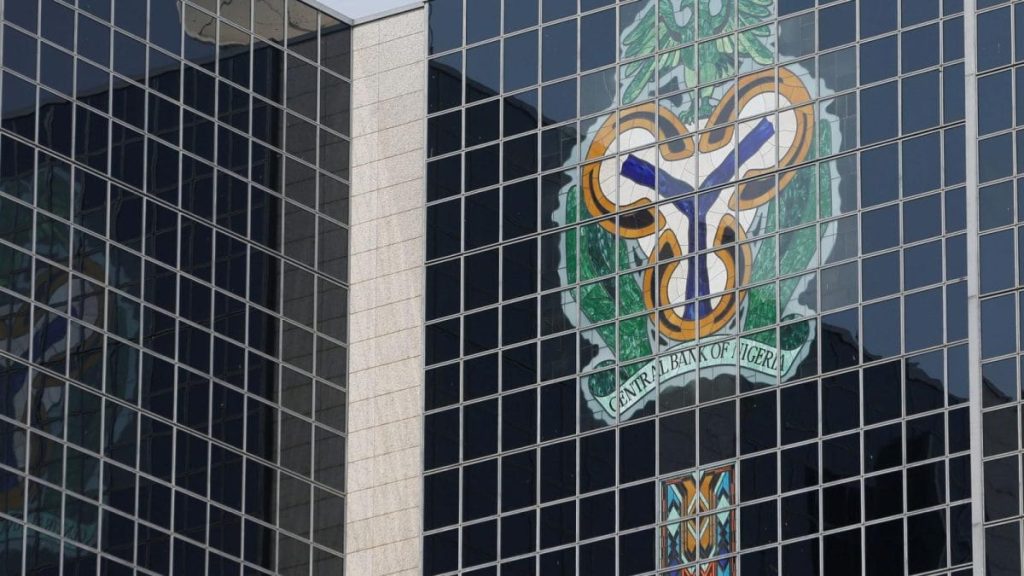
An uproar has been triggered among Nigerians by the recent introduction of the 0.5% cybersecurity levy mandated by the Central Bank of Nigeria.
A directive was issued by the Central Bank of Nigeria to all banks, instructing them to deduct and remit a 0.5% levy on all electronic transactions as per the Cybercrimes (prohibition, prevention, etc.) (Amendment) Act, 2024.
Highlighted here are key points that Nigerians should be aware of regarding this new legislation.
About the Cybersecurity Levy
It is important to note that the levy amounts to 0.5% on all electronic transactions, not 0.005%.
This levy is to be enforced by all Banks, Other Financial Institutions, and payment service providers.
The Central Bank of Nigeria specified that the levy funds should be remitted to the National Cybersecurity Fund, NCF, managed by the Office of the National Security Adviser, ONSA.
Understanding the Impact of the Cybersecurity Levy
This implies that electronic banking users in Nigeria will bear a 0.5% charge per transaction. For example, a N1,000 electronic transaction will lead to a N5 cybersecurity levy, while a N10 million transaction will incur a N50,000 charge.
Exemptions from the Cybersecurity Levy
There are specific transactions that are exempted from the cybersecurity levy.
The Central Bank of Nigeria listed 16 types of transactions that are exempt, such as loan disbursements and repayments, salary payments, intra-account transfers within the same bank or between different banks for the same customer, instructions from Other Financial Institutions to their correspondent banks, Interbank placements, transfers between Banks and CBN, inter-branch transfers within a bank, cheques clearing, and settlements, among others.
Appeal for Suspension of Cybersecurity Levy
The Centre for the Promotion of Private Enterprise and the Nigeria Labour Union have jointly appealed for a suspension of the levy.
In a statement by CPPE Director, Dr Muda Yusuf, he expressed concerns about the additional burden being insensitive due to the existing multiple taxes faced by Nigerians.
Additionally, NLC president, Joe Ajaero, advocated for the reversal of the levy, stressing that imposing such a charge on electronic transactions without considering its impact on workers and vulnerable segments of society is unjustifiable.
